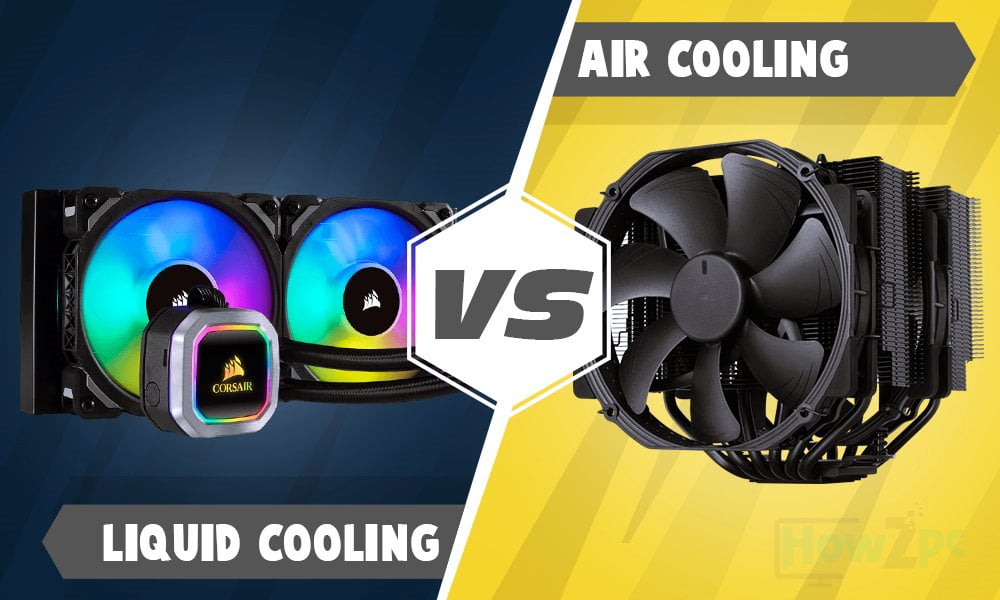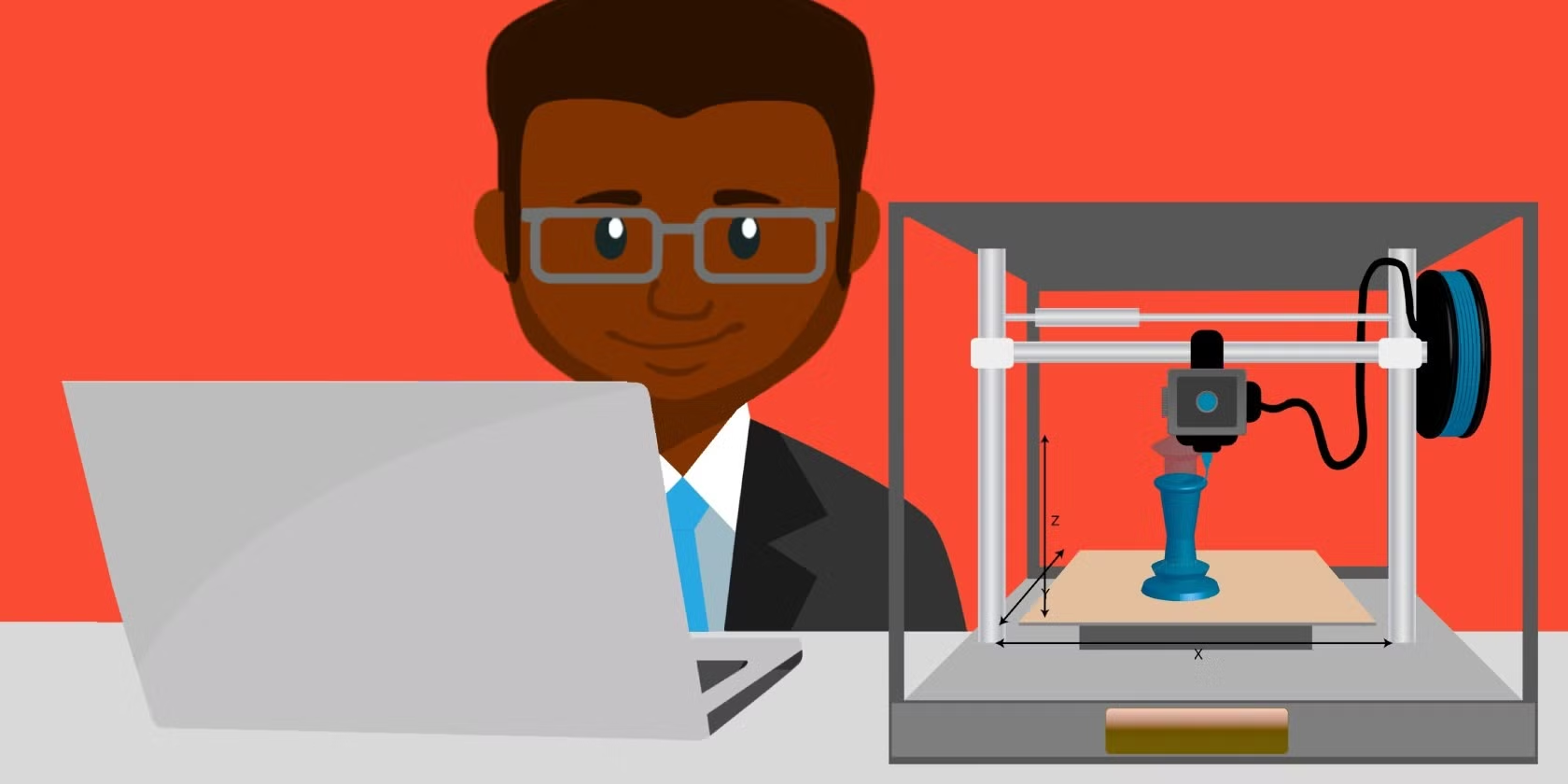
When building or upgrading a PC, choosing between air cooling and water cooling is a critical decision that affects the system’s performance, noise levels, cost, and maintenance requirements. Both methods serve the same purpose—cooling the CPU and/or GPU to maintain optimal operating temperatures—but they do so in different ways.
Air Cooling
Air cooling uses air to dissipate heat from the components. This typically involves a heat sink attached to the CPU or GPU, along with fans to move air through the heatsink and out of the case.
How it Works:
- A heat sink is made of metal (usually copper or aluminum) and sits on top of the CPU or GPU.
- The fans pull air through the heat sink to cool the metal, transferring heat away from the components.
- The hot air is then expelled out of the case by additional fans or through vents.
Advantages of Air Cooling:
- Cost-Effective:
- Air coolers are generally cheaper than water cooling solutions, making them a popular choice for budget-conscious builds.
- Simplicity:
- Air cooling is easier to install. It doesn’t require setting up water loops, pumps, or radiators. Most air coolers are “plug and play.”
- Reliability:
- Fewer moving parts mean less potential for failure. You don’t have to worry about a pump or tubing leaking, which can be a risk with water coolers.
- Maintenance:
- Air coolers require minimal maintenance. You may need to clean the dust off the fans and heat sink periodically, but overall, there are no other concerns.
- Durability:
- Air coolers tend to last longer, as they don’t have the same risk of pump failure or leakage that water cooling systems can face.
Disadvantages of Air Cooling:
- Larger Physical Size:
- High-performance air coolers can be quite large, and they might interfere with RAM slots or other components, especially in smaller cases.
- Less Efficient in Overclocking:
- While air cooling can handle normal gaming and workloads well, it struggles more with higher-end CPUs or overclocking scenarios compared to water cooling.
- Noise:
- Air coolers often produce more noise due to the fans running at higher speeds to achieve adequate cooling. However, many modern coolers come with quiet fan designs to minimize noise.
Water Cooling
Water cooling uses a liquid (usually a mixture of water and coolant) to absorb heat from components and transfer it to a radiator, where fans dissipate the heat.
How it Works:
- A CPU block (or GPU block) attaches to the processor and has tubes connected to a radiator.
- The liquid circulates through the loop: it absorbs heat from the CPU/GPU and then travels to the radiator, where it’s cooled by fans before circulating back to pick up more heat.
There are two main types of water cooling:
- All-in-One (AIO) Water Coolers: These are pre-built, closed-loop systems that contain the pump, radiator, and tubes in a single unit.
- Custom Water Cooling Loops: These are fully customizable setups where you can select components like the pump, reservoir, tubing, and radiator, and assemble the cooling loop yourself.
Advantages of Water Cooling:
- Better Cooling Performance:
- Water has a higher thermal conductivity than air, so water cooling can dissipate heat more efficiently, especially under heavy loads or in overclocked systems.
- Compactness:
- Water cooling systems, especially AIOs, tend to be more compact than large air coolers, freeing up space around the CPU socket and RAM for better airflow.
- Reduced Noise:
- Water cooling systems can run quieter than air coolers since the fans are generally quieter or operate at lower speeds. The pump in an AIO can be quiet, but custom loops can be noisy depending on setup.
- Aesthetics:
- Water cooling systems often look sleeker and more modern, and they can be customized with RGB lighting, colored coolant, and clear tubing for a visually appealing setup.
- Improved Overclocking Potential:
- Water cooling is generally better for extreme overclocking. It keeps the CPU or GPU cooler under heavy loads, which is essential when pushing the hardware to its limits.
Disadvantages of Water Cooling:
- Cost:
- Water cooling systems, especially custom loops, are much more expensive than air coolers. Even AIO systems can be more costly than high-end air coolers.
- Complexity and Installation:
- Water cooling, especially custom loops, requires more technical knowledge to install. AIO systems are easier but still more involved than air coolers.
- Maintenance:
- Custom loops require regular maintenance, such as refilling coolant and cleaning out the loop to prevent buildup or algae growth.
- AIO systems generally require less maintenance, but over time, the coolant can evaporate, requiring a refill or replacement.
- Risk of Leaks:
- Leaking is a potential risk with water cooling systems, particularly custom loops. A leak can damage other components in your PC. AIO coolers are generally less prone to leaks but still carry some risk over time.
Comparison: Air Cooling vs. Water Cooling
| Feature | Air Cooling | Water Cooling |
|---|---|---|
| Cost | Cheaper | More expensive |
| Installation | Easy to install | Can be complex (especially custom) |
| Maintenance | Minimal maintenance (dust removal) | Requires maintenance (especially custom loops) |
| Cooling Efficiency | Good for standard use, less for overclocking | Excellent, especially for overclocking |
| Noise | Can be noisy, depends on fans | Quieter (especially AIOs) |
| Size | Can be bulky (especially for high-performance) | More compact, frees up space |
| Durability | High (no moving parts) | Lower (possible pump or leakage issues) |
| Aesthetics | Functional, less visually appealing | Sleek, customizable with RGB/colored coolant |
Which to Choose?
- Choose Air Cooling if:
- You have a limited budget or prefer a simpler setup.
- You don’t plan to overclock your system extensively.
- You want a reliable, low-maintenance cooling solution.
- Choose Water Cooling if:
- You want better cooling performance, especially for overclocking or high-end gaming.
- You have the budget for it and are willing to put in the time and effort for installation (or maintenance, in the case of custom loops).
- You want a quieter system or more aesthetic options for your PC build.
Ultimately, both cooling methods have their strengths, and the right choice depends on your specific needs, budget, and how much effort you’re willing to put into your PC’s cooling solution.




